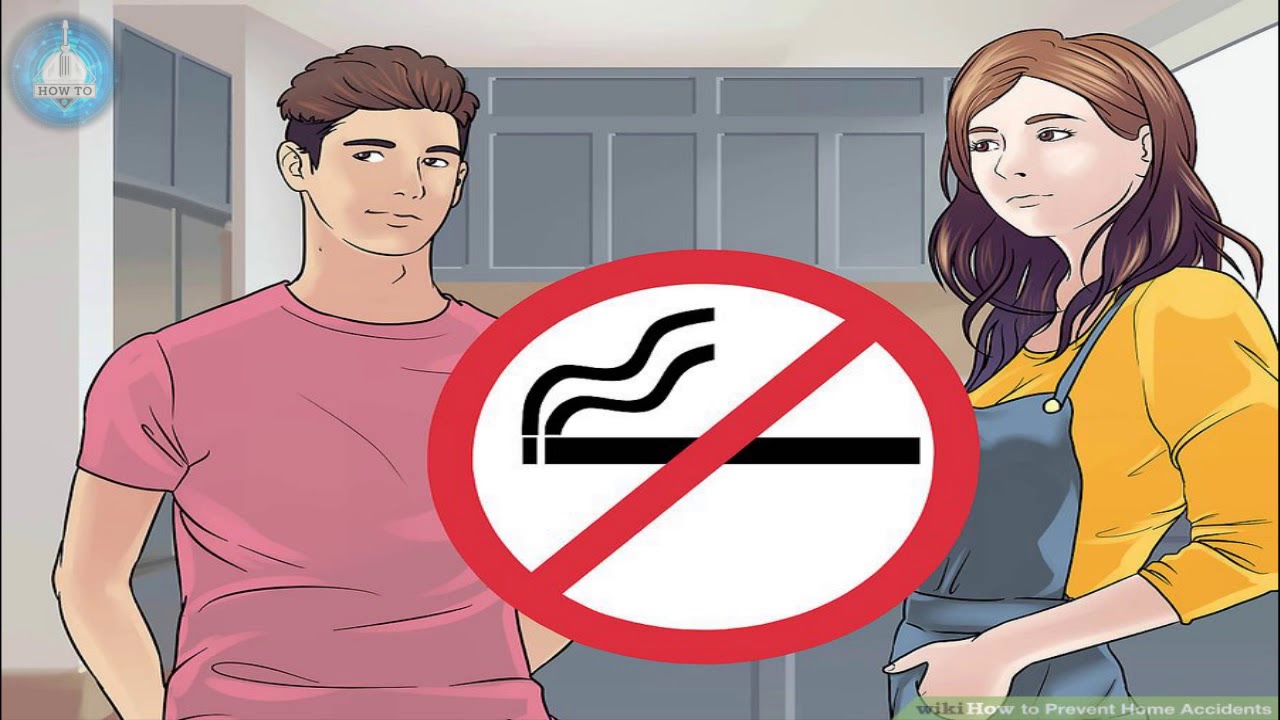How to Prevent Home Accidents

How to Prevent Home Accidents
Every year, over 11,000 people lose their lives at home due to preventable mishaps like falls, fires, drownings, and poisonings, as reported by the CDC. Taking a few simple steps around your home can significantly reduce the risk of such accidents. Here’s how you can keep yourself and loved ones safe.
Addressing Electrical Issues
1. Don’t overload sockets. Many older homes have electrical systems that can’t handle today’s power demands. Avoid plugging too many devices into one socket. Large appliances like refrigerators should have their own outlet. If you hear noises or smell something strange from an outlet, call a professional. Also, cover unused sockets, especially if you have small kids.
2. Check your wiring. Electrical issues can be sneaky. If your lights flicker or outlets don’t work, it might be time for an inspection. It’s always best to get a licensed electrician to check things out. If you’re feeling brave and want to inspect yourself, remember to switch off the circuit at the breaker panel first!
3. Toss appliances with frayed cords. Frayed cords are a no-go. They can cause fires or shocks. If you spot damage, stop using the appliance. If it’s an old favorite, get the cord replaced by an electrician ASAP. And yes, electrical tape is a temporary fix, but it’s not the best idea.
Using Caution in the Kitchen
1. Don’t leave cooking unattended. Whether you have kids or not, never leave pots and pans unattended. Grease fires can start in a flash. Treat the microwave with the same caution. And always keep an eye on kids in the kitchen.
2. Turn handles inward. Make sure pot handles face inward to prevent burns. Avoid placing handles with plastic parts over hot burners. And always use caution when handling hot pots and pans.
3. Store knives safely. Keep knives out of reach. Store them in a secured place and never leave them where they can be easily pulled down. Always wash and store knives immediately after use.
4. Monitor children around hot objects. Set up a no-go zone around hot appliances and never let kids carry hot items. This keeps them safe and avoids any mix-ups.
5. Store heavy items low. Keep heavy kitchen items like pots and skillets in lower cabinets to prevent accidents.
Preventing Fires
1. Install smoke alarms. Smoke alarms are lifesavers. Install them in bedrooms and on every floor. Replace them every ten years and test them monthly. Change the batteries during daylight savings time changes.
2. Have a fire extinguisher. Place fire extinguishers on every level of your home, especially near escape routes. Teach everyone in the house how to use them. Remember PASS: Pull the pin, Aim low, Squeeze the lever, and Sweep side-to-side.
3. Create a fire escape plan. Make a plan and practice it. Know all exits, designate a meeting spot, and review the plan regularly. If you have kids, draw a map to help them understand the escape routes.
4. No smoking indoors. Prevent smoking-related fires by banning indoor smoking. Provide ashtrays for outdoor smoking and keep lighters and matches out of reach.
Storing Medicines & Cleaning Supplies
1. Install safety locks. Lock up cleaning products and medicines, especially if kids are around. Keep track of where visitors store their medicines too.
2. Label medicines properly. Keep medicines in their original bottles and check expiration dates. Proper labeling helps avoid mistakes when administering medicine.
3. Don’t forget outdoor cleaning products. Store products like windshield fluid and pesticides securely. Keep garages locked and check cabinets regularly to ensure they are secured.
Taking Additional Precautionary Measures
1. Install carbon monoxide detectors. This odorless, colorless gas is a silent killer. Install detectors and test them frequently. If the alarm goes off, check the batteries and call the fire department if needed.
2. Use safety gates for small children. Choose the right type of gate for each location. Follow instructions carefully or get professional help for installation.
3. Use pads for area rugs. Prevent slips by using rug pads. Rubber pads are a safe option for hardwood floors.
4. Keep driveways and sidewalks clean. Regularly clear leaves, snow, and ice to prevent falls. Repair any cracks or splits promptly, or get professional help if needed.
5. Light up your stairs. Install lights at the top and bottom of stairs to prevent falls. Consider motion detector lights for outdoor steps.
6. Fence in your pool. A fence with a self-latching gate can prevent pool accidents. Use a pool cover and consider an alarm for extra safety. Always supervise children around the pool and ensure everyone knows how to respond to emergencies.

